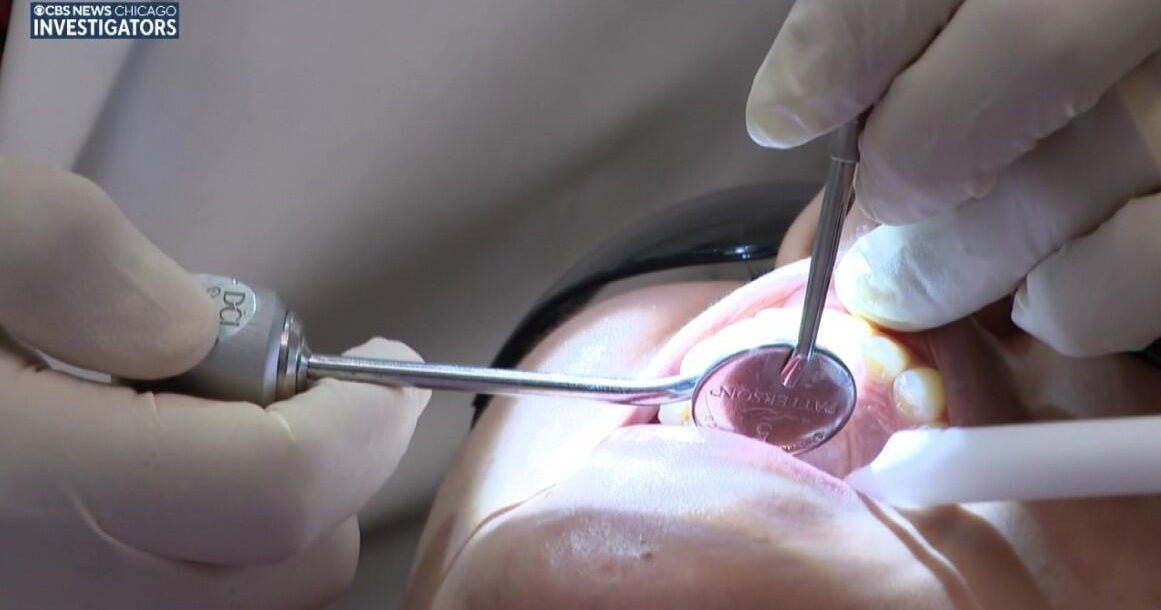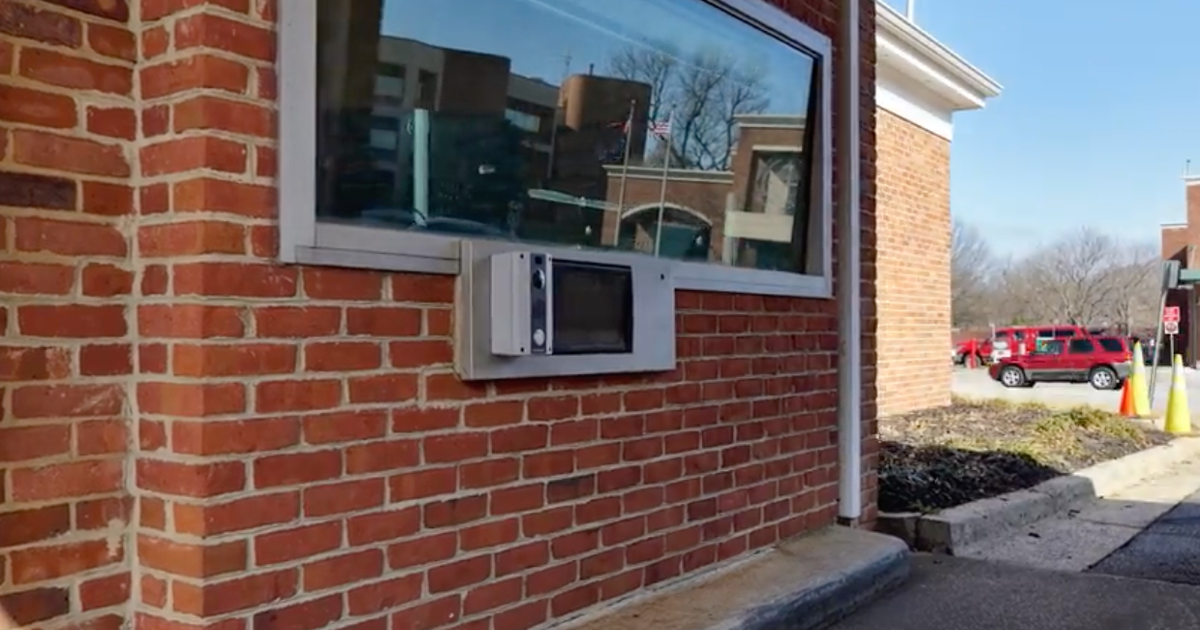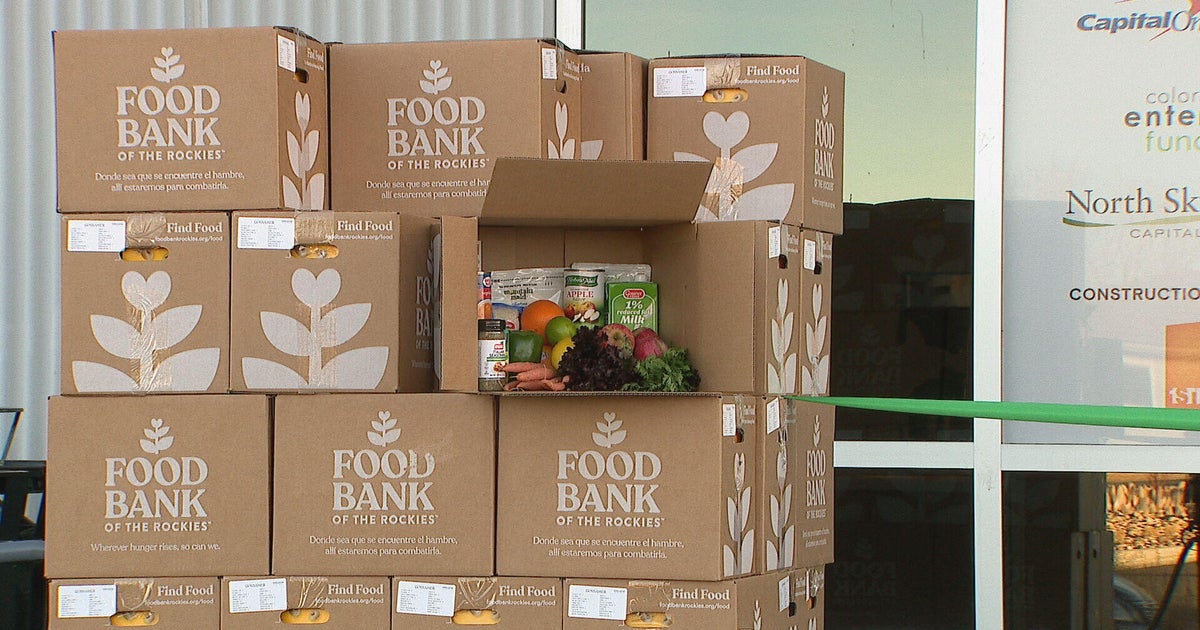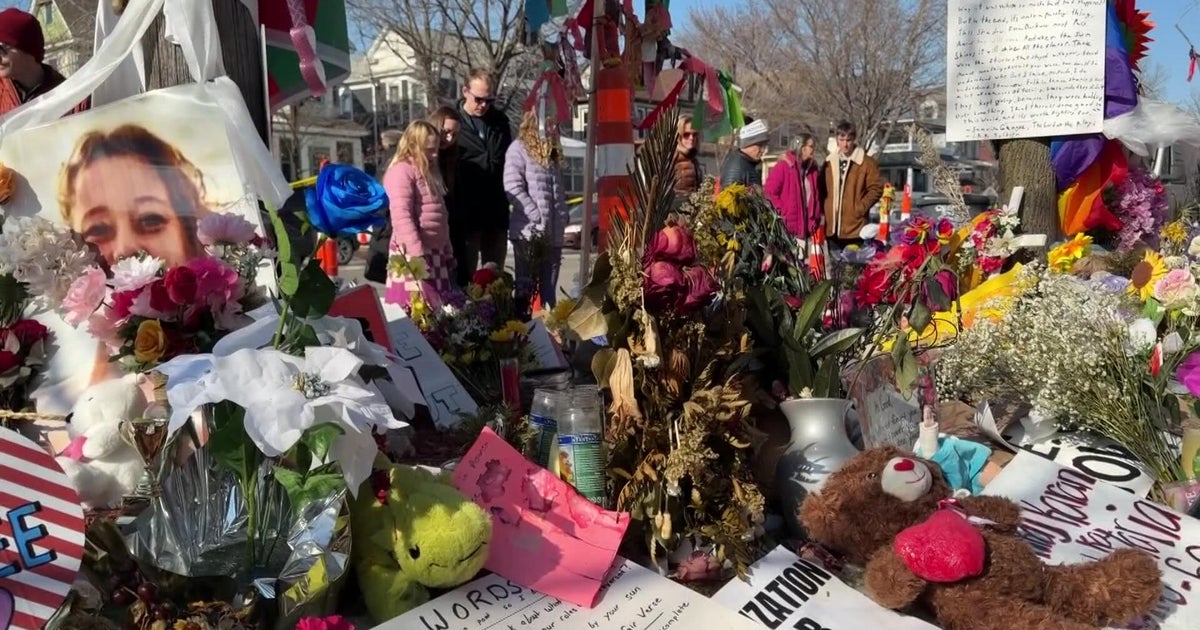Program Will Feed Hungry Kids During Summer Vacation
TALLAHASSEE (CBSMiami/NSF) - As the school year ends, classrooms and playgrounds will empty for the summer --- but that will leave many Florida children hungry because they rely on free and reduced-cost school meals for breakfast and lunch.
Food banks, non-profits and community groups are trying to pick up the slack, using federal funding to help deliver up to two meals per day to kids who otherwise might go without.
"The need goes up dramatically in the summer," said Rebecca Brislain, executive director of the Florida Association of Food Banks.
"We know that the need is there, and we hear that from our partner agencies, that they are running out of food because school is out," said Rachel Mohler, nutrition director at Second Harvest of the Big Bend food bank in Tallahassee.
The state Department of Agriculture and Consumer Services and the non-profit Florida Impact are working together on Summer BreakSpot, a program that provides healthy food to kids at local sites and reconstructed school buses.
Funding for the 2-year-old Summer BreakSpot program comes from the U.S. Department of Agriculture, funneled through the state agency. Last year, the program served 12 million meals to 300,000 Florida children, and the USDA reimbursed the state $29.5 million for them.
Erin Gillespie, a spokeswoman for the Department of Agriculture and Consumer Services, said the state and local partners --- school districts, non-profits and religious and community groups --- are trying to expand the number of locations where kids can get nutritious meals and enrichment activities.
The program has 3,400 locations statewide --- typically recreation centers and affordable housing sites --- "so that it's right there where the kids are," Gillespie said. "A lot of these families don't have transportation, and they're not going to drive across town to get a free lunch for the kids."
The program also targets rural communities, where food worries for children can be common.
According to last year's Feeding America "Map the Meal Gap" study, 21.6 percent of U.S. children are "food-insecure," meaning their households are usually worried that the food will run out before they have money to buy more.
In Florida, 25.5 percent of children are food-insecure, about I in 4.
And of the state's nearly 2.7 million public-school students, just under 1.6 million are eligible for free and reduced-cost meals, according to the Florida Hunger Data Center,
Brislain of the Florida Association of Food Banks said the economic recovery is arriving more slowly in high-poverty areas.
"The folks that our food banks see are the first affected by a tough economy and the last to recover," she said.
Summer BreakSpot grew by 12 percent last year and is expected to increase again this year.
That's consistent with data showing participation in summer food programs increasing across the U.S. According to a report out Monday from the Food Research and Action Center in Washington, D.C., nearly 3 million American children participated in summer nutrition programs in July 2013 --- an increase of 161,000 children, or 5.7 percent, from the year before.
"Florida exceeded all categories, relative to the national average, in growth," Debra Susie, chief executive officer of Florida Impact, said of the national report.
This report is by Margie Menzel with The News Service of Florida.
RELATED CONTENT:







